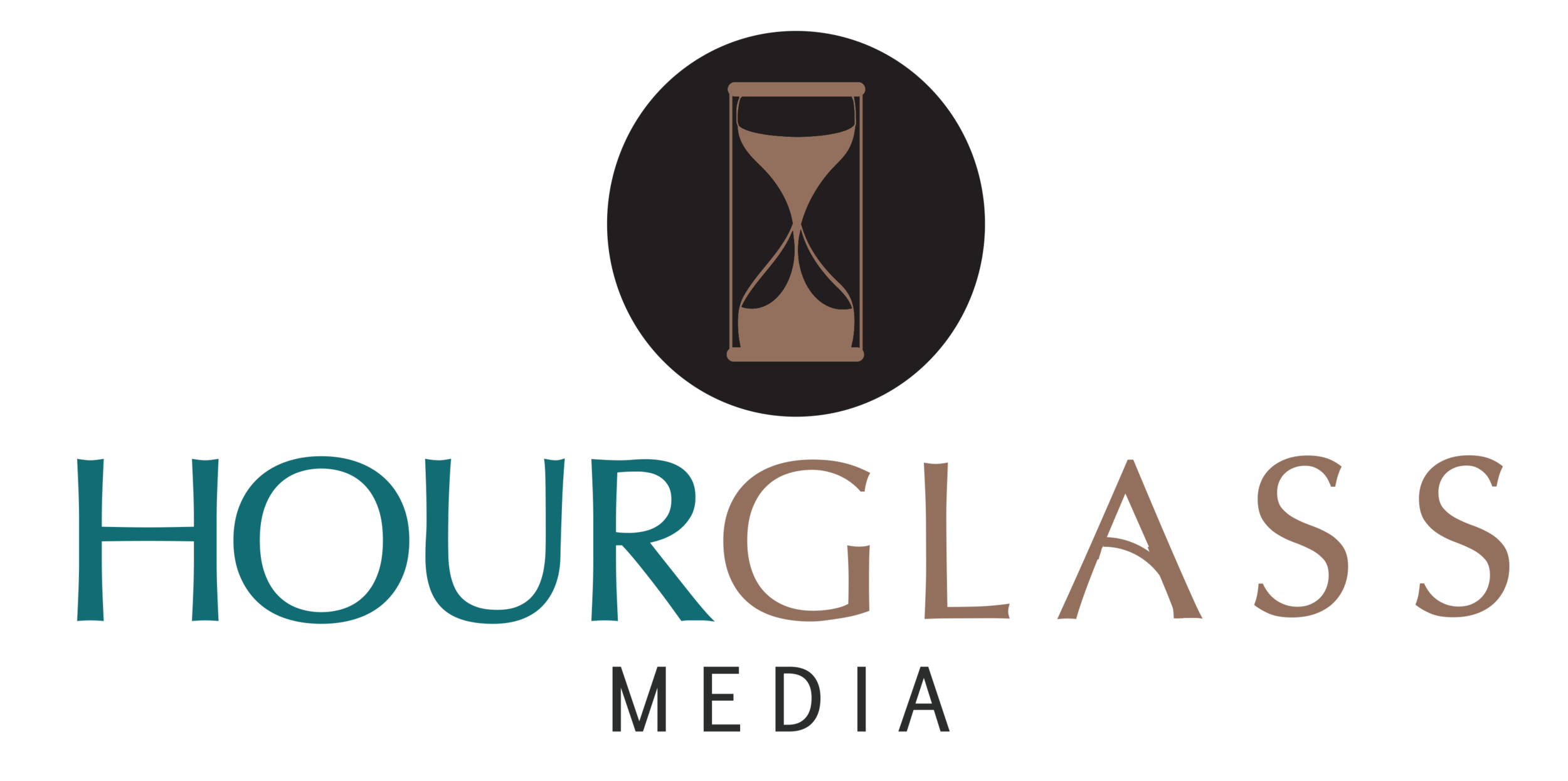Mental Health Moments: Recognizing and Dealing With Depression
⌛ By Kaylin R. Staten ⌛
“Things will be okay. Just snap out of it.”
If you have ever experienced acute or chronic depression, you know that this statement -- as well as others -- are not the most effective way to communicate with you in a depressive state.
So, you’re feeling depressed, and it doesn’t seem to go away. If the following symptoms are compromising your daily activities and overall life for more than two weeks, you could be experiencing a depressive episode:
Too much or too little sleep
Eating too much or too little, causing changes in weight
Inability to concentrate
Plummeting energy levels
No interest in activities you usually love
Feelings of hopelessness
Not moving around as much
Feelings of agitation
Physical aches and pains
Feelings of low self-worth
Thoughts of suicide
What furthers the downward spiral of a depressive episode? Here are some causes:
What is going in your life: Are you experiencing work stress? Did you just go through a relationship breakup or is your current relationship full of ups and downs? Do you spend your waking moments worrying about money? These factors, as well as countless other happenings, can perpetuate depression.
Traumatic experiences: When we go through something traumatic, our brain chemistry is altered, which changes how we respond to stressful situations and fear. Trauma varies in scale, frequency and effect with each person.
Genetics: More often that not, depression and other mood disorders can run in families. So, you could have a predisposition to mental health issues.
Other medical conditions: If you deal with another chronic health issue and/or don’t get enough sleep, there’s more of a risk to develop depression. If you take medications, look over the side effects to see if there are any mood-altering effects.
Using (and potentially abusing) substances: According to the National Alliance on Mental Illness, 30 percent of individuals who use drugs and alcohol have depression. A treatment plan would require coordination of the two schools of thought.
I am no stranger to depression and anxiety. Often, the two work hand in hand to compromise my positivity and daily way of life.
Be patient with yourself. You cannot will yourself to feel better in many cases. When I focus too much on trying to “feel better,” I end up making myself more anxious and depressed. This counter-intuitive process develops into a vicious cycle that takes longer to break away from.
Talk with someone you trust. I tend to want to bottle up my emotions, but talking with someone helps immensely. This could be a significant other, best friend, therapist. As long you you trust the person, talking about your depressive episodes and causes can help you heal from them. The important thing to remember is to be as honest as possible.
Write down your emotions. This is especially helpful if you don’t feel as if you have anyone to trust -- or if you just want to proactively work on your thoughts and feelings. Write in a journal or somewhere where you can be the truest version of yourself. Writing is my most effective and favorite form of therapy.
Eliminate what makes you depressed. This isn’t always possible, but there are ways that you can limit your consumption of triggers. If someone around you is always negative about your depression, then don’t speak with them about it. Speak with someone else. If that influencer you’re following on Instagram makes you feel worse about yourself, then do yourself a favor and click unfollow.
Please note: These blog posts are not clinical, although we will provide symptoms and other information. These posts are based on my experiences with anxiety and mental health in general. If you or someone you know needs help, visit a website like Mental Health America to learn more.
Mental Health Moments blog posts are every other Tuesday of the month. Our CEO and contributors highlight what it's like to live with a mental health disorder and continue to fight the stigma through storytelling.
Kaylin R. Staten, APR, is an award-winning public relations practitioner and writer based in Huntington, WV with nearly 16 years of professional communications experience. As CEO and founder of Hourglass Media, she uses her compassionate spirit and expertise to delve into the heart of clients’ stories. She is a recovering perfectionist, mental health advocate, wife, cat mom and Leia Organa aficionado. Connect with Kaylin on LinkedIn.

